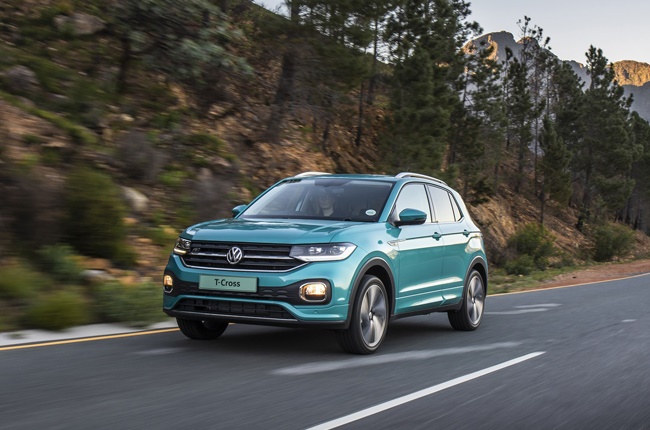• Renault and Volkswagen saw declines in profits over the first six months of the year.
• Renault recorded a loss of R135-billion.
• Porsche saw half-year sales weaken by only 15%.
• For more motoring stories, go to www.Wheels24.co.za
Three of Europe's largest car companies have revealed their half-year results, and for two of those, the numbers are predictably horrific.
Facing the worst trading conditions in memory, both Renault and Volkswagen have suffered. Although most industry analysts expected significant losses, what is telling is how differently these two companies are positioned to deal with the issue and to spark a possible recovery.
2020 Volkswagen Amarok Canyon. (Wheels24, Charlen Raymond)
R135-billion loss
Renault recorded a R135-billion loss for the first six months of 2020, which is staggering. A big issue for the French company is its relationship with Nissan. Over the years, Nissan has paid out a steady corporate dividend to Renault, which is its majority shareholder.
The Japanese automaker, however, is in desperate trouble and has seen its revenues shrink and costs surge. For Renault, which has no presence in the important American market, Nissan has always been a strategic asset, with its strong Stateside bakkie and SUV business.
Over the past year, lacklustre American sales have meant negligible profits, and Renault losing out on Nissan's dividend income that's been flowing into its corporate account. Although Renault's portfolio of affordable compact cars will be popular in a post-Covid economic recovery - where buyers are forced to downscale - they contain much thinner profits per unit.
Renault has confirmed that it would continue to pursue an aggressive cost-cutting policy at all levels, in an attempt to edge its way back to profitability.
2020 Renault Duster. (QuickPic)
VW in (relatively) better shape
Across the Rhine, the VW Group announced its half-year trading update and the news was not uplifting for shareholders. Last year's R197bn operating profit collapsed to a R15bn loss.
Compared to Renault, there is no question that VW is healthier, despite having taken sizeable losses. VW's advantage is that it holds assets that have enormous profit potential as the global economy recovers, in the guise of its luxury vehicle brands and their inherently higher profit margins.
Despite software issues bedevilling the launch of the Golf 8 and the huge costs associated with the production preparation for ID.3, VW's other businesses look robust.
Volkswagen Golf 8 GTI. (Newspress)
Porsche remains resilient
Porsche, a VW Group subsidiary, saw half-year sales weaken by only 15%, which is credibly resilient in a time of crushing economic turmoil. What VW's sports car brand managed to achieve in terms of revenue and cost control, is quite remarkable. It registered a small operating profit while most other companies were tallying huge losses.
The French company that got its performance right thus far this year, is PSA. Although Citroën, Peugeot and Opel are peripheral brands in the South African new car market, they do account for meaningful sales volume globally. Despite net income falling to nearly a quarter of 2019's number, PSA managed to deliver an operating margin of 3.7%, which is fantastic compared to what Renault did.
PSA trades strongly in China, Latin American and Russia, which are three regions where the pandemic lockdown came either very early or late, giving it a more balanced overall product demand during the crisis. The greater challenge for PSA over the coming months, will, of course, be its merger with FCA.
2021 Opel Corsa. (QuickPic)
